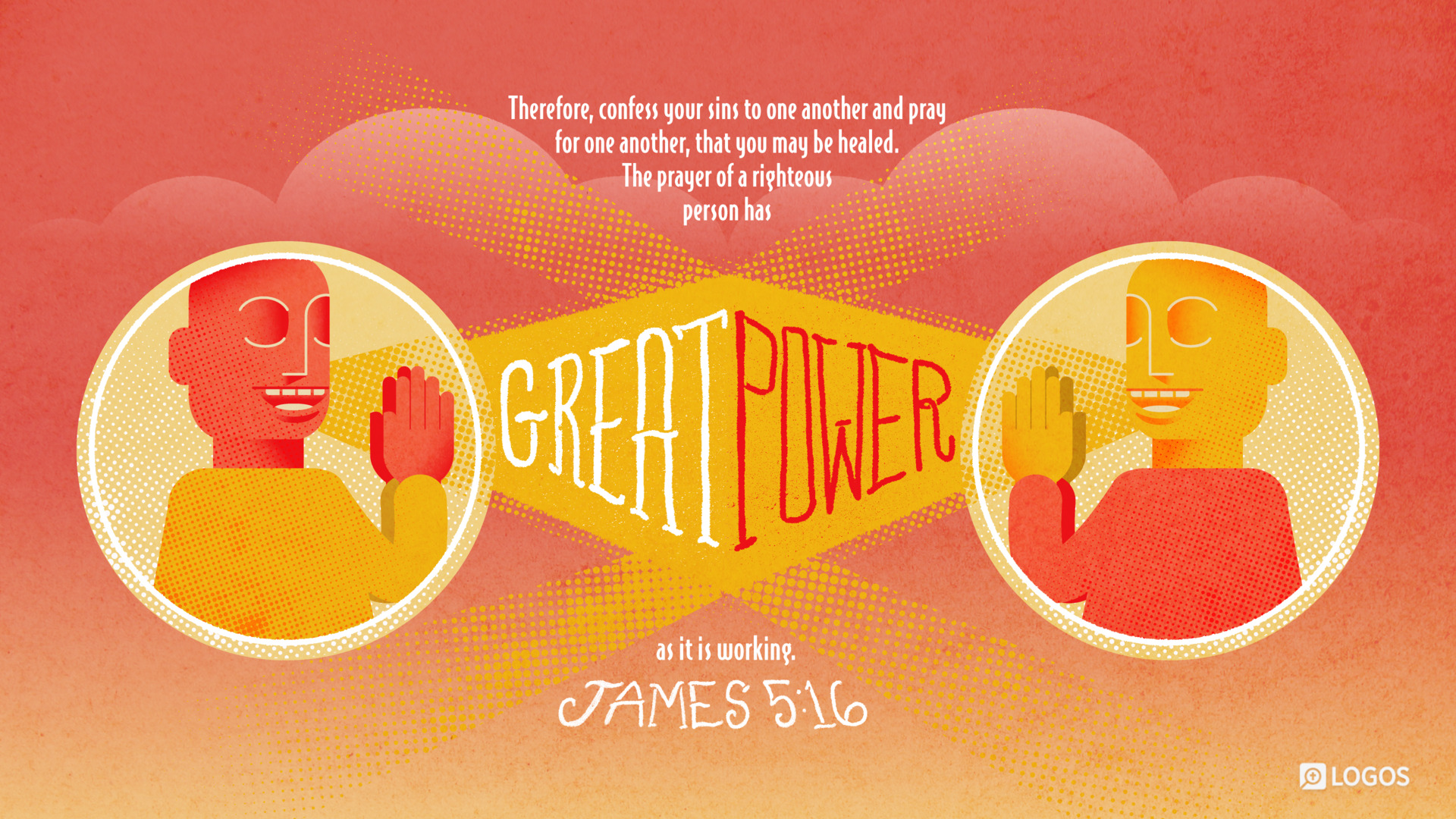Yeah man we all struggle with this. Your talking with someone who knows all too well what it is like to doubt and wonder, and I'm sure there are plenty of others throughout the world who struggle just the same. "No temptation has overtaken you except such as is common to man." Thankfully that's why this thread exists, so we can help you out. Even if it is just through the Internet with people we don't really know we are still one body in Christ -- the Church -- and should support one another.
Thanks man, I hope you don't mind if I message you some more sometime haha
God is doing amazing things in places where people remain open to His Spirit. God will not force anyone to come to Him, and this is why you see people in the West being deceived on such a huge scale right now.
What I hope you take away from both sides of the argument is that both sides cannot prove their worldview. Both sides can offer evidence that ultimately leads a person to step out in faith (trust) to believe the evidence or reject it. Believing and rejecting whatever evidence is available is centered on faith. The Atheist has faith and so does the Christian. All worldviews require faith. That is just the way the world has been set up to work.
Thanks, I think I get this now more.








